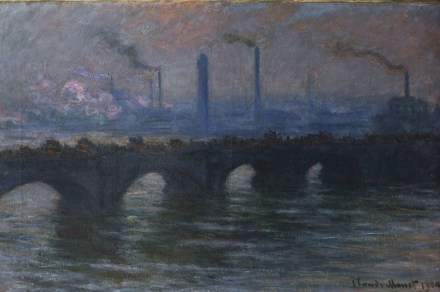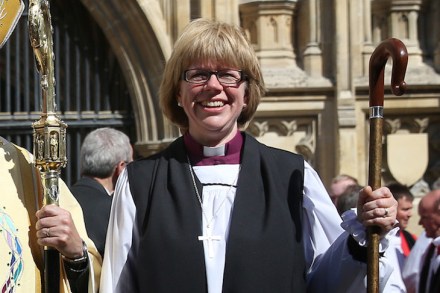Monet in London
The Savoy was too sumptuous, complained Claude Monet, returning to the hotel in 1904. His rooms — one for sleeping, one for easels, canvases, palettes, with a balcony over the Thames — were too distractingly plush. He had been happier painting with his knees up to his chin in his ‘bateau atelier’ (a rowboat studio)




















